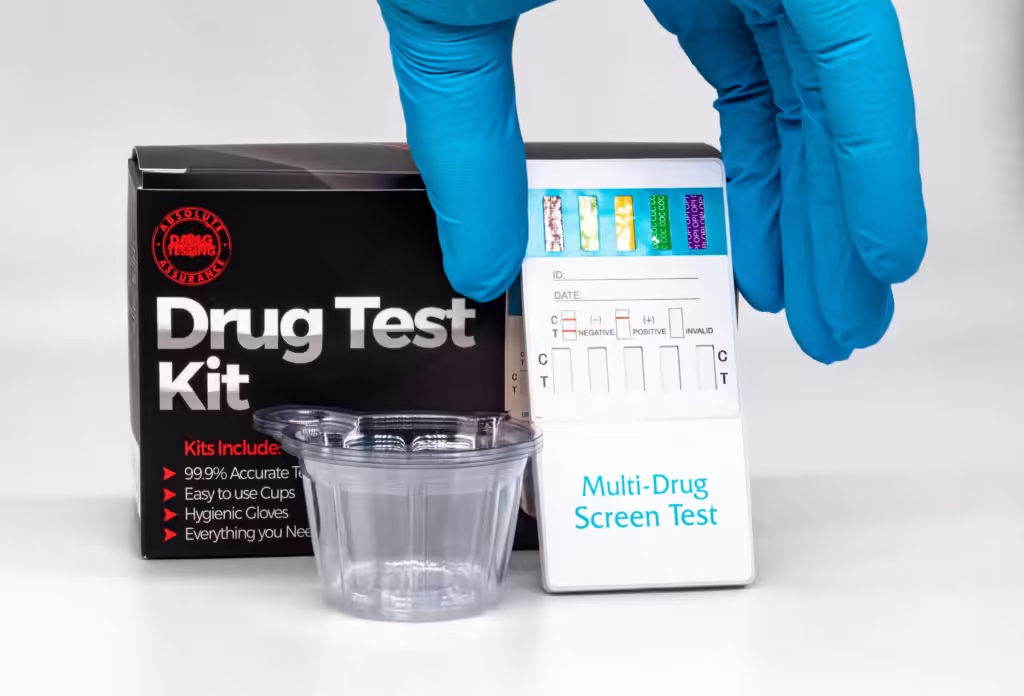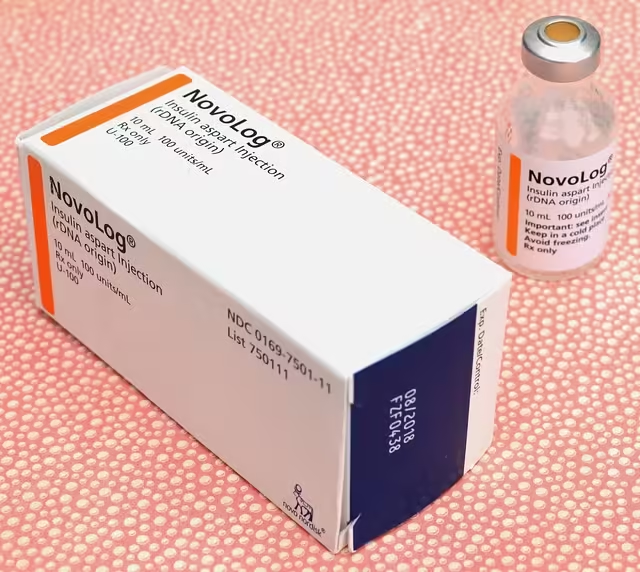Drinking moldy water can pose significant health risks, as mold contains various types of fungi that can produce harmful mycotoxins. When ingested, these toxins can lead to a range of adverse health effects, depending on the type and amount of mold present, as well as the individual’s overall health and immune system strength. Common symptoms of consuming moldy water include nausea, vomiting, diarrhea, and stomach cramps. In more severe cases, individuals may experience allergic reactions, respiratory issues, and even infections, particularly if they have a compromised immune system or pre-existing health conditions.
Long-term exposure to moldy water can have more serious consequences. Chronic ingestion of mycotoxins has been linked to liver damage, kidney damage, and immune system suppression. Additionally, certain types of mold, such as Aspergillus, can produce aflatoxins, which are potent carcinogens and have been associated with an increased risk of liver cancer. Therefore, it is crucial to ensure that drinking water is free from mold contamination. Regular maintenance of water storage systems, proper filtration, and prompt attention to any signs of mold growth can help prevent these health risks. If you suspect that you have consumed moldy water, it is advisable to seek medical attention to assess any potential health impacts and receive appropriate treatment.







